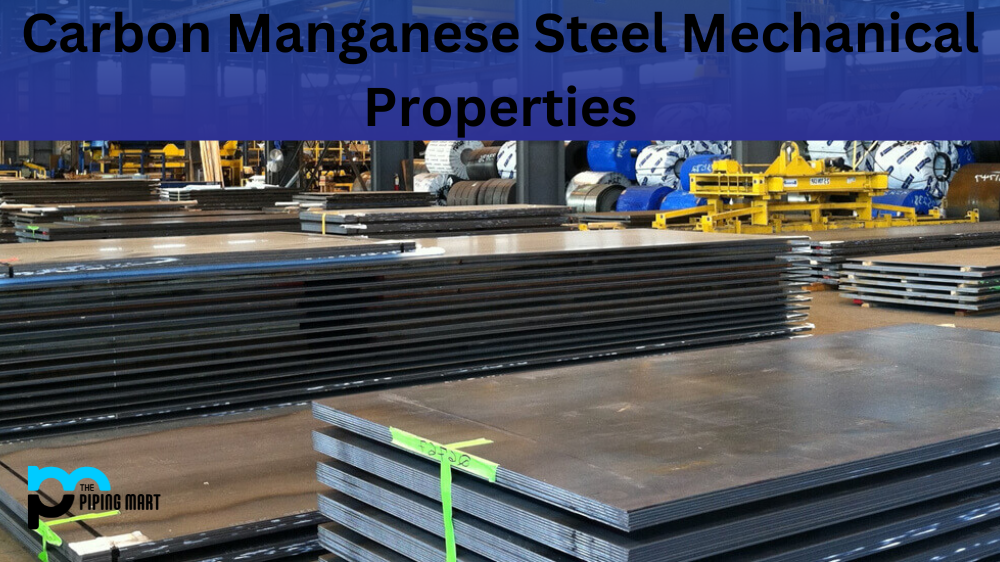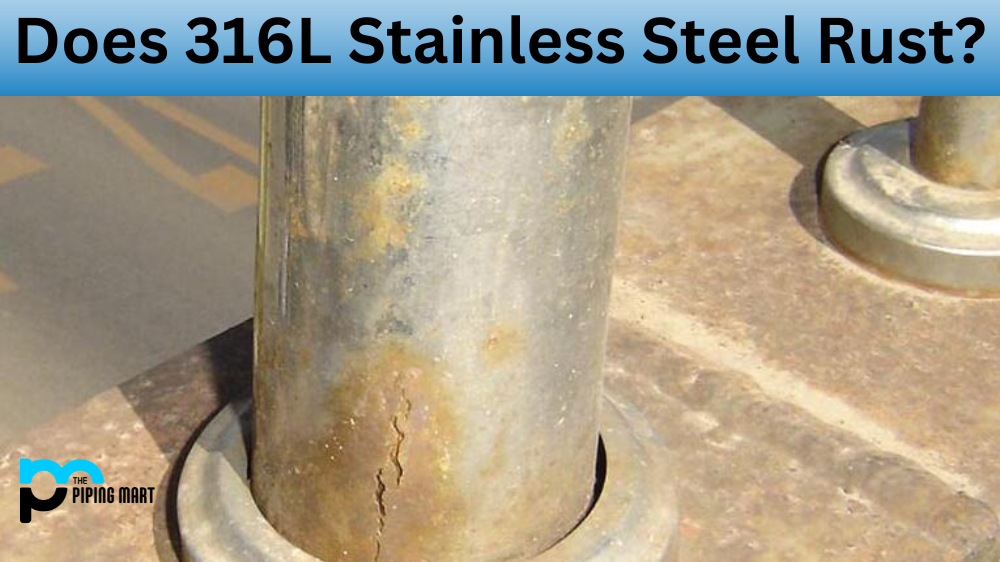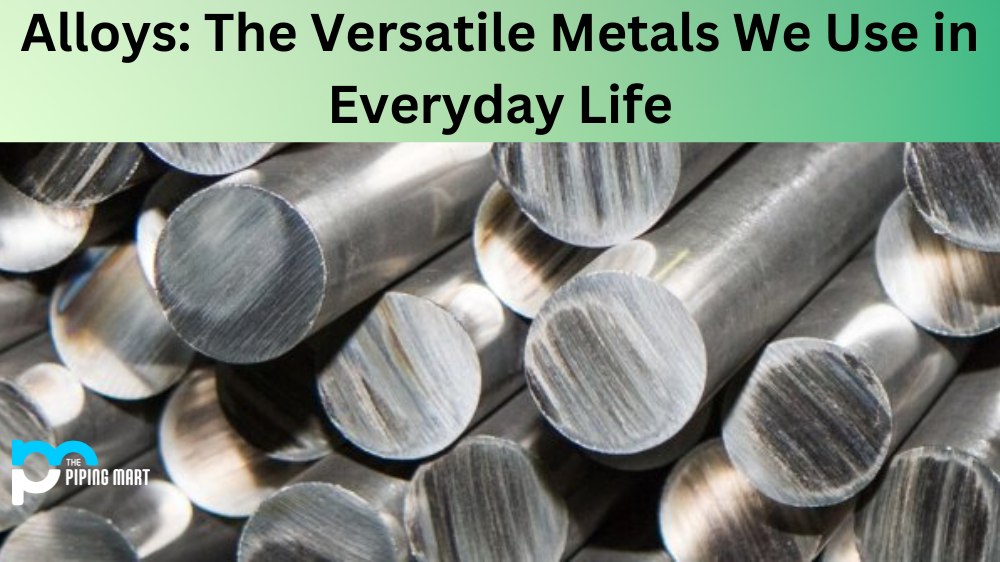Carbon manganese steel is one of the most commonly used alloys in mechanical engineering. Its properties make it ideal for applications that require strength, toughness and wear resistance. If you are considering using carbon manganese steel for your next project, there are some important facts about this alloy that you need to know.
Mechanical Properties of Carbon Manganese Steel
Carbon manganese steel has excellent mechanical properties that make it an ideal material for a wide range of engineering projects. It is a versatile material that offers both high strength and good ductility, making it suitable for applications where both qualities are important. It also offers good weldability and machinability, which makes the manufacturing process easier. Additionally, its wear resistance makes it a great choice for components that experience regular wear and tear or friction.
The alloy’s tensile strength ranges from 600 megapascals (MPa) to 900 MPa, depending on the composition and heat treatment applied during manufacturing. This makes it significantly stronger than other common materials, such as aluminum or mild steel, which typically have a tensile strength of 200-400 MPa. The combination of high strength and good ductility makes carbon manganese steel an excellent choice for applications where both qualities are essential such as automotive parts, machine tools, construction machinery components, springs, etc.
The hardness of carbon manganese steel depends on its chemical composition but typically ranges from 40 to 60 Rockwell Hardness C (HRC). This is higher than the hardness of other common materials, such as aluminum or mild steels, which usually measure around 25 HRC. The higher hardness gives the alloy superior wear resistance, which makes it well-suited for parts that experience regular friction or contact with abrasive surfaces such as gears and bearings.
Yield Strength
Yield strength is a measure of the force required to cause a material to deform plastically. The yield strength of carbon manganese steel is affected by the amount of carbon and manganese present in the steel.
Tensile Strength
Tensile strength is a measure of the force required to cause a material to rupture. The tensile strength of carbon manganese steel is affected by the amount of carbon and manganese present in the steel.
Ductility
Ductility is a measure of a material’s ability to deform under tensile stress. The ductility of carbon manganese steel is affected by the amount of carbon and manganese present in the steel.
Hardness
Hardness is a measure of a material’s resistance to indentation. The hardness of carbon manganese steel is affected by the amount of carbon and manganese present in the steel.
Toughness
Toughness is a measure of a material’s resistance to fracture. The toughness of carbon manganese steel is affected by the amount of carbon and manganese present in the steel.
Wear resistance
Wear resistance is a measure of a material’s ability to resist wear. The wear resistance of carbon manganese steel is affected by the amount of carbon and manganese present in the steel.
Corrosion resistance
Corrosion resistance is a measure of a material’s ability to resist corrosion. The corrosion resistance of carbon manganese steel is affected by the amount of chromium, molybdenum, and nickel present in the steel.
Conclusion
In conclusion, carbon manganese steel is an ideal material for many mechanical engineering applications due to its excellent mechanical properties, including high strength, good ductility, weldability, machinability, and wear resistance. Its tensile strength can range from 600-900 MPa depending on composition, while its hardness usually falls between 40-60 HRC giving it superior wear resistance compared to other materials like aluminum or mild steels. Understanding these properties will help you determine if carbon manganese steel is right for your application needs!

Abhishek is a seasoned blogger and industry expert, sharing his insights and knowledge on various topics. With his research, Abhishek offers valuable insights and tips for professionals and enthusiasts. Follow him for expert advice on the latest trends and developments in the metal industry.




